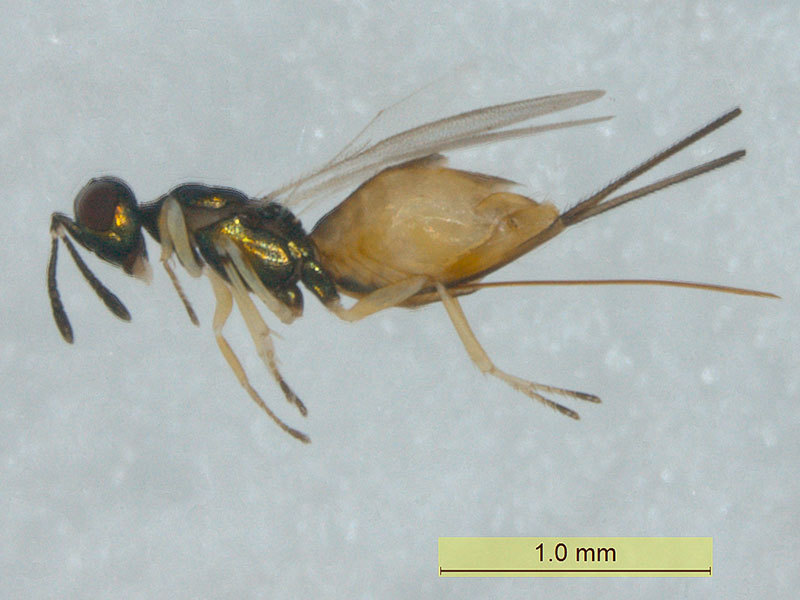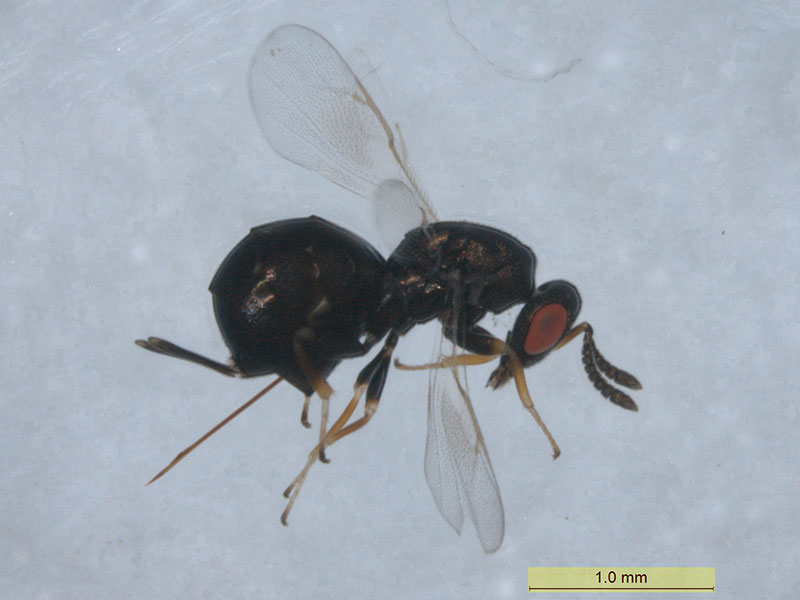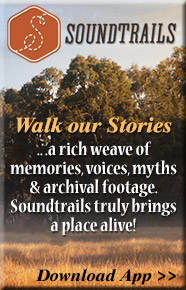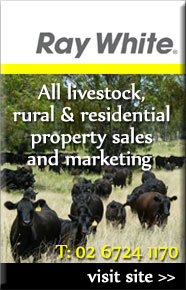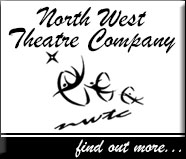Using beneficial insects to control pests on farm and in the garden.
04/04/2017
People have been battling nature for generations seeking to produce more food and fibre from off our farms and gardens. Too often nature and natural processes are seen as ‘the enemy’, and systems have been developed and applied, usually at great expense, in order to tame and control nature.
There are numerous benefits that nature provides in farming and grazing enterprises and in the home garden. The obvious one is the capture of solar energy to produce green plants. To maximise that production we usually turn to external inputs such as fertilisers and chemicals to ‘control’ and in many ways to fight and bully nature.
Contemporary agricultural systems are dominated by this paradigm of control. However, there is an increasing appreciation of the extent that natural processes can be harnessed to facilitate rather than control nature.
Finding a balance is tricky, and for most people with the current state of knowledge it is necessary to use expensive inputs. However, there are numerous examples of farm managers creating conditions on the farm, and in home gardens, that support natural processes, thereby reducing reliance on costly external inputs.
Rachel Lawrence, from the University of New England, will present a Workshop at The Living Classroom (TLC) in Bingara, on Tuesday April 4 from 12:30 to 4pm. It will explore examples, both locally and from elsewhere, that have successfully encouraged an abundance of beneficial insects, and created pest suppressive environments. The Workshop is sponsored by the Northern Slopes Landcare Association (NSLA).
Rachel will focus especially on parasitoid or (micro) wasps. Rachel has recently been studying these, and that research forms the basis of her PhD. She will discuss these wasps in the context of integrated pest management, and consider other beneficial insects as well.
As a part of the workshop those attending will explore the landscape of The Living Classroom, catch some of these micro-wasps and have a look at them close-up. The Workshop will give you an increased appreciation for those magical things that go on behind the scenes in nature that we are hardly aware of.
We are just scratching the surface of what is possible on farms and in gardens in terms of harnessing and supporting these free services. You can discover them for yourself and we hope to see you there. The Workshop will include Lunch and afternoon tea. The cost is $20 for non-members of NSLA. The event is FREE for members. You can join NSLA on the day for $10 or $25 for a family or farm.
For more information contact Shelley McDouall of NSLA at cso@gwydir.nsw.gov.au or Rick Hutton at TLC on 0438 355 197.


